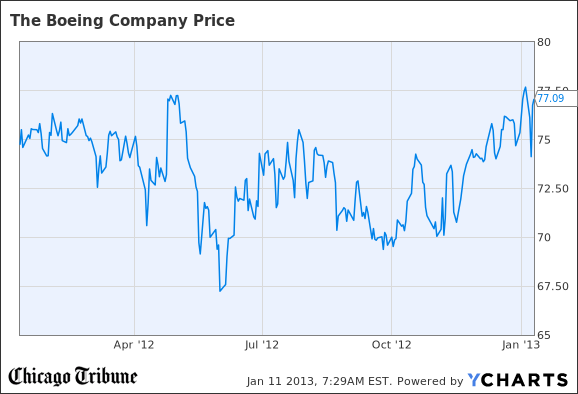Two new incidents involving the Boeing 787 Dreamliner have been reported in Japan -- a crack in the cockpit and an oil leak. Norah O'Donnell reports.
The U.S. Federal Aviation Administration said Friday it will launch a high-priority and comprehensive review of Chicago-based Boeing's new 787's critical systems, following a rash of malfunctions this week, such as a battery fire and fuel leaks. However, federal transportation officials also supported Boeing, saying repeatedly that the plane is safe.
"We are confident about the safety of this aircraft," said Federal Aviation Administrator Michael Huerta, adding that a priority in the review will be the plane's electrical systems. He said he would not speculate on how long the review would take.
The review, an unusual move for the FAA that will not ground planes or halt production of new 787s, will examine the plane's design, manufacture and assembly, said U.S. Transportation Secretary Ray LaHood.
"Through it, we will look for the root causes of recent events and do everything we can to make sure these events don't happen again," he said. "I believe this plane is safe and I would have absolutely no reservation of boarding one of these planes and taking a flight."
Boeing shares were down 2.5 percent in midday trading to $75.15.
The announcement comes amid yet more reports Friday of problems with the highly anticipated "Dreamliner" jet, including a cracked cockpit window and another oil leak on a Japanese carrier. They add to a rash of other reported problems this week, most seriously a battery fire on a parked 787 in Boston, an incident under investigation by the National Transportation Safety Board.
The plane model is in use in Chicago for temporary United Airlines flights between Chicago O'Hare and Houston. Chicago-based United has five other 787s in service domestically. "We continue to have complete confidence in the 787 and in the ability of Boeing, with the support of the FAA, to resolve these early operational issues," a United spokeswoman said. "We will support Boeing and the FAA throughout their review."
Next week, LOT Polish Airlines plans to begin operating the region's first regular flight on a 787 between O'Hare and Warsaw, Poland. That inaugural flight is still planned for Wednesday, a spokeswoman said. All told, Boeing has delivered 50 Dreamliners to customers around the world, many to Japanese carriers.
Aviation experts have said the planes are safe and that glitches are common on new models of planes, especially ones as revolutionary as the 787, which uses mostly composite materials instead of metals to create an aircraft that's more lighter, more fuel-efficient and more comfortable for passengers. However, other observers have said the concentration of problems in a short period and the media attention they garner is damaging the reputation of Boeing, which was already under scrutiny for delivering the Dreamliner to customers more than three years late. The plane's list price is about $207 million.
The latest problems came Friday, when Japanese carrier All Nippon Airways said a domestic flight from Tokyo landed safely at Matsuyama airport in western Japan after a crack developed on the cockpit windscreen, and the plane's return to Tokyo was cancelled.
"Cracks appear a few times every year in other planes. We don't see this as a sign of a fundamental problem" with Boeing aircraft, a spokesman for the airline said. The same airline later on Friday said oil was found leaking from an engine of a 787 Dreamliner after the plane landed at Miyazaki airport in southern Japan. An airline spokeswoman said it later returned to Tokyo after some delay. No one was injured in either incident.
Boeing said Friday the 787 logged 50,000 hours of flight, with more than 150 flights occurring daily, and that its performance has been on par with the Boeing 777, which it calls "the industry's best-ever introduction" of a new airplane. "More than a year ago, the 787 completed the most robust and rigorous certification process in the history of the FAA," Boeing said in a statement. "We remain fully confident in the airplane's design and production system."
Ray Conner, president and chief executive officer of Boeing Commercial Airplanes, said Friday that the recent problems were not caused by Boeing's outsourcing of production or by ramping up production too quickly.
"We are fully committed to resolving any issue that affects the reliability of our airlines," he said.
gkarp@tribune.com
Reuters contributed

BA data by YCharts

BA data by YCharts










